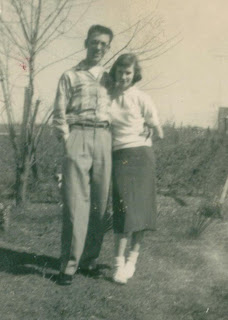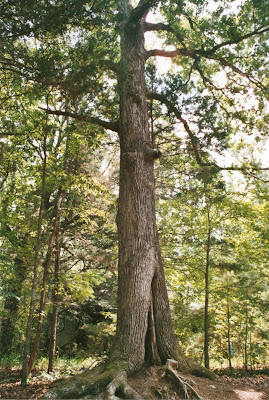Long Hot Summer

... time crept by. As slowly as a thousand of those hot and humid days in the Mississippi Delta. But summer had come to an end and school was well underway. My senior year. One late fall Saturday morning, I drove to Clarksdale, parked my father's car in front of the Woolworth store and ran inside, across the freshly oiled wood floors, through the aroma of chocolate and hot cashews from the candy bins, past the smells of cheap perfume from the counters of the old familiar five and dime. I was on a mission, protocol or not. Beth was at the lunch counter in her red-checkered uniform. She was tall and thin; her dark hair lay in ringlets about her cap; and her eyes danced when she talked, the dimples in her cheeks deepening with every smile. She moved with precision, taking orders for burgers and fries and then preparing them with little effort. Without looking, she reached for the fountain spout and drew a Coke, took a long stride over, and sat the glass in front of me. ...


